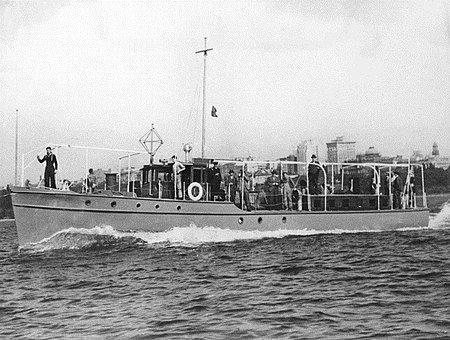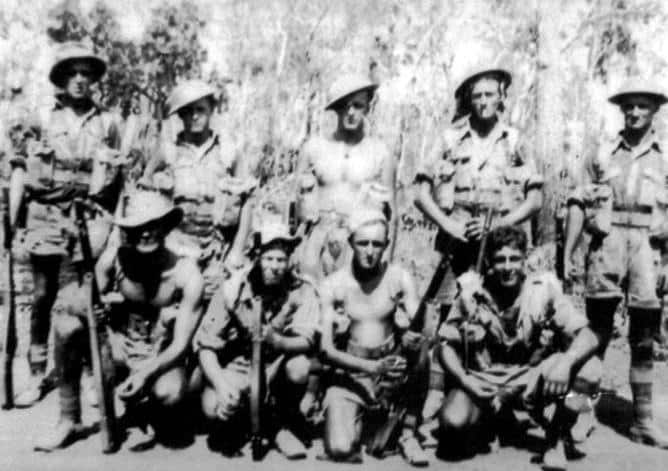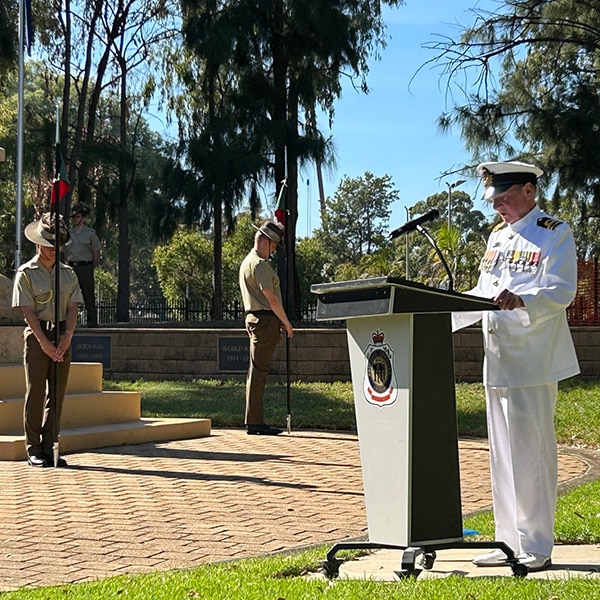We are those who grow old:
In the words of our ode…
“They shall grow not old, as we that are left grow old;
Age shall not weary them, nor the years condemn.
At the going down of the sun and in the morning
We will remember them.“
For many of us who returned we have, or are, enjoying the benefits of living in a Democracy.

And, we who grow old are gathered in a myriad of places in disparate time zones as our clocks approach the 11th hour of the 11th month at the centenary PLUS 4 of a moment marking that Armistice on a cold Monday morning at the conclusion of 4 years of brutal conflict from 1914 to November 11, 1918.
We are gathered at national memorials, and cenotaphs in towns and communities, across Australia and across many other lands.
And in many of the World’s 23,000 Commonwealth War Cemeteries.
Globally these great sites tend to speak of vast numbers not just from Australia but the millions from the combined Imperial Forces which include Great Britain, Canada, New Zealand, India, Colonial Africa and later, the USA
These national ceremonies are often in much loved, grand, but rarely austere, places like Thiepval that glorious Lutyens War Memorial.
They often focus on the great sweeps of geopolitics.
They are often at memorials majestic yet not vainglorious, for they speak of a civic national memory, with often a focus on the scale of the losses. Such statistics are hard to grasp.
Today, we might even gather in a more personal setting because in reality humans can only understand the personal, the individual, and often imagine only through our forebears.
This means – – on an individual level we can imagine the last week as the German resolve was undermined, as the hope but not an inevitability of peace approached, we can grasp the horror of the fighting and deaths despite the early morning signatures, we can anticipate the unrelenting approach of pandemic Flu Virus, we can empathize with the loss of sons, husbands, fiancées, brothers and fathers.
We can appreciate that there were millions returning walking but broken and in some cases totally disabled returning soldiers whose lives were blighted, and significantly shortened.
We know of the economic and family loss.
In this place, we so often have assembled serving medics well aware of the morbidity that followed the mortality, and mindful that we can welcome the advances in medicine, plastic and reconstructive surgery and psychiatry.
Now we can with hindsight know it was another year or so before our men and our Women Nurses returned.
And it was many months before the treaty was signed.
With these more personal and individualized recollections, I think our remembrance can more easily pivot to resolutions.
The resolve not just to avoid war but when it occurs to treat our servicemen and servicewomen with gratitude, respect and find ways to honour their service so that the long dark shadow of that blighted the decades after that armistice is in the future illuminated by support and protection through proper services, or opportunities but never through isolation and neglect.
So, we that are left to grow old, and resolve that we will always remember them.




